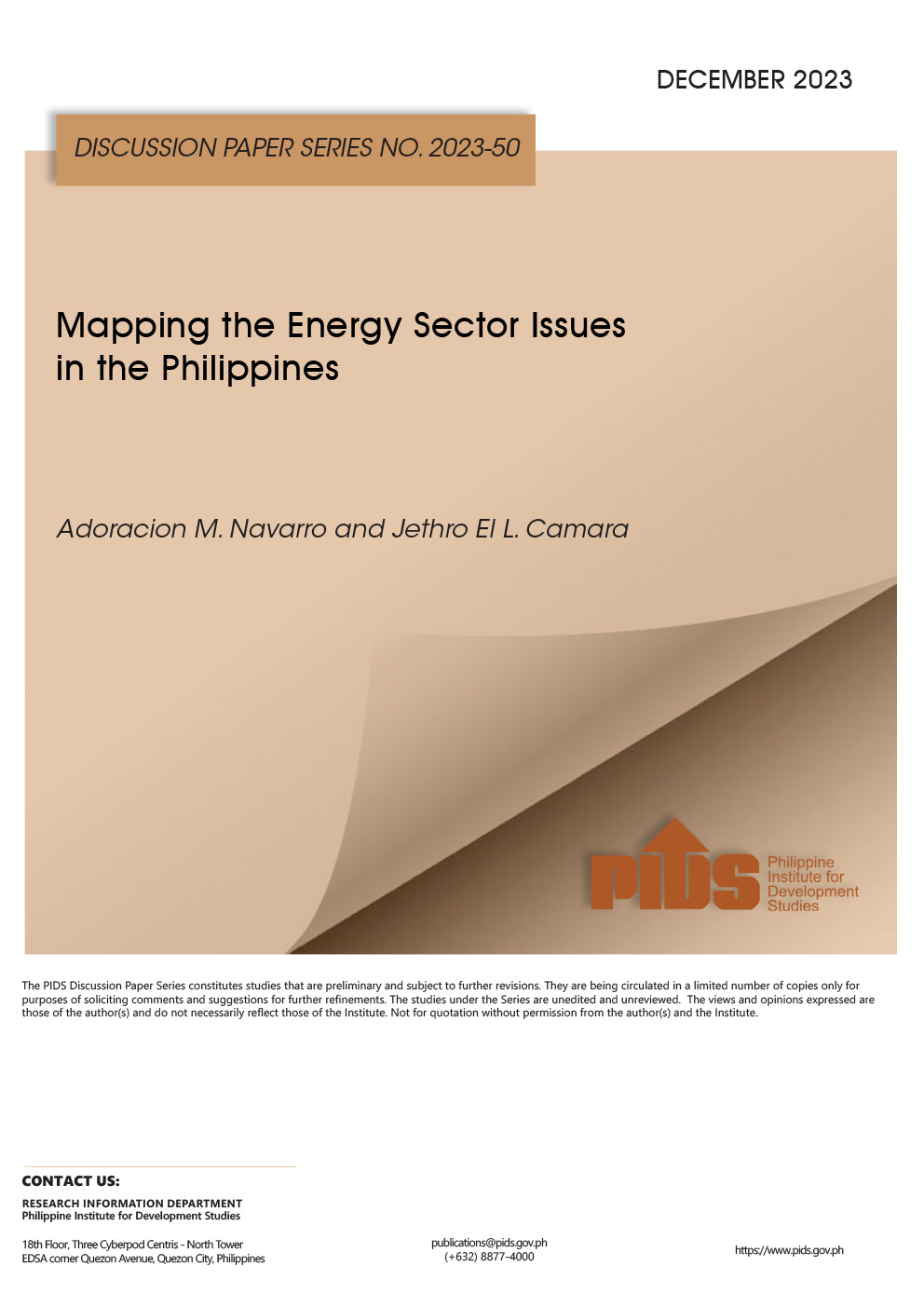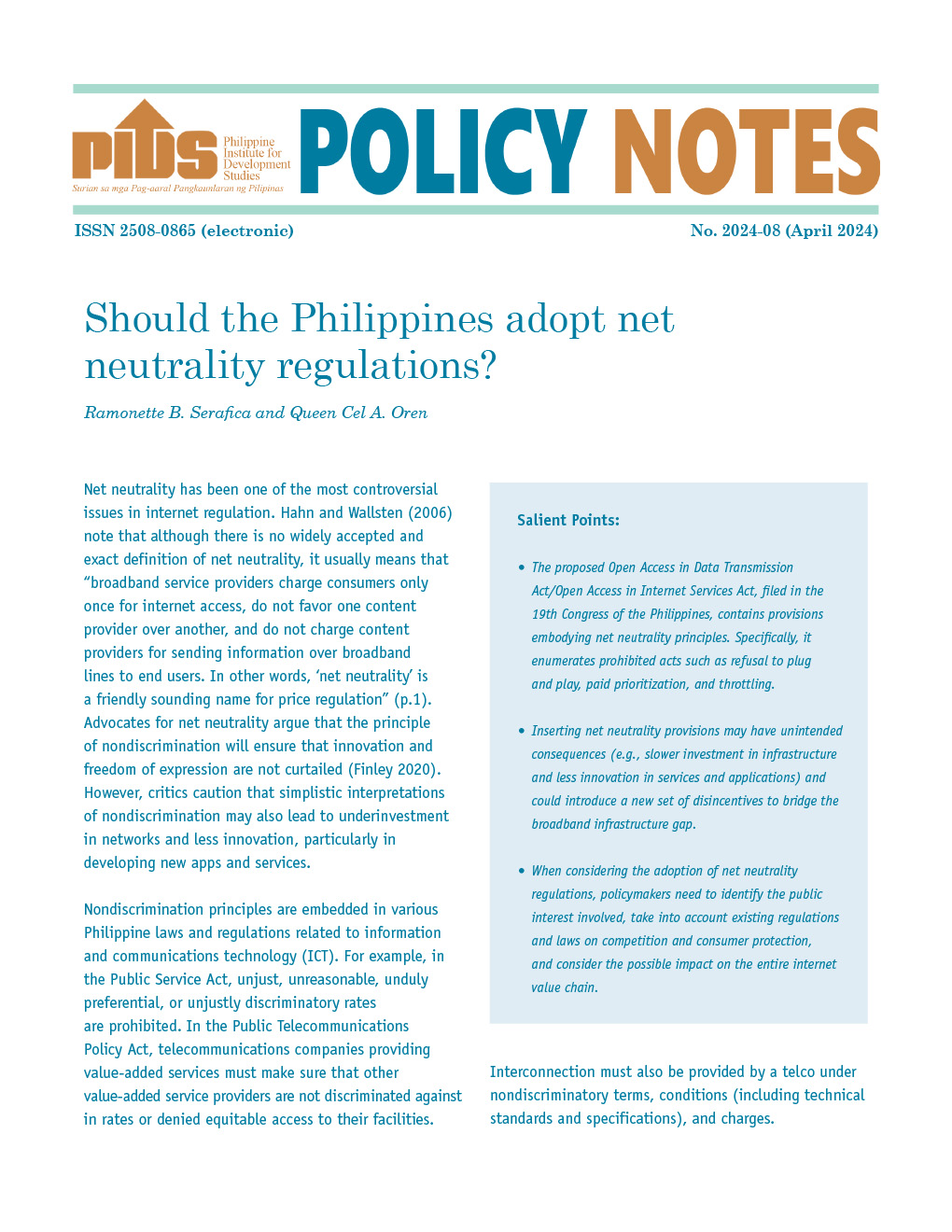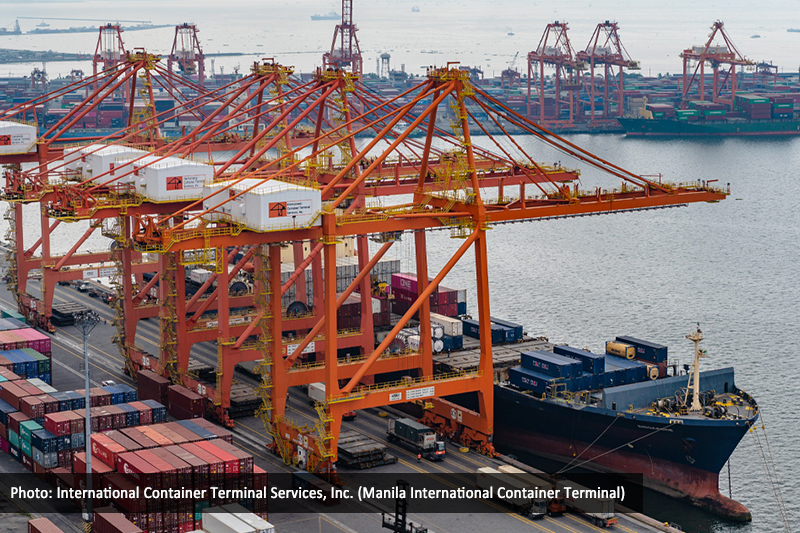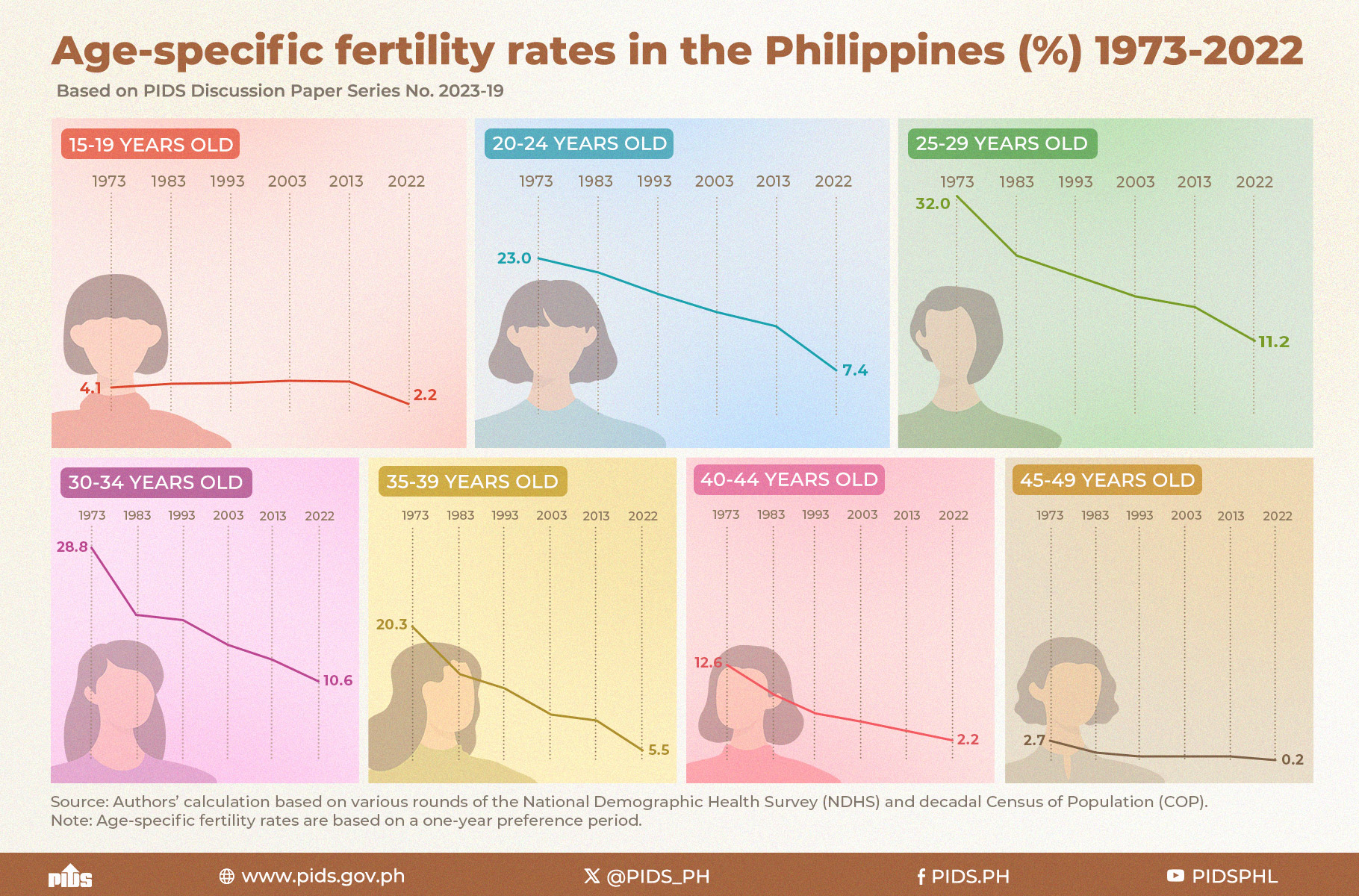MANILA, Philippines — State-run think tank Philippine Institute for Development Studies (PIDS) is urging reforms in information and communications technology (ICT) to drive investment in the sector.
In a new discussion paper titled “Regulatory Measures Affecting Service Trade and Investment: Information and Communications Technology Services,” the policy research institute said ICT infrastructure and services are necessary to spur economic growth in the digital age.
It noted that the Philippines already has a comparative advantage in ICT-related service export, but ICT connectivity and regulation in the country needs to be significantly improved.
“Trade and investment in the sector must be further encouraged by creating an efficient regulatory framework to support sector development,” said PIDS.
Priorities for reform that need to be addressed include improving the transparency in legislative regulatory procedures and requirements, establishing a mechanism to enforce competitive safeguards, strengthening the independence of the regulator, and improving the coordination among government agencies on ICT-related policies and programs.
The paper said that while the National Telecommunications Commission (NTC) is meant to be an independent regulatory body, it is not entirely as it is attached to the Department of Information Technology (DICT) for purposes of policy program and coordination.
“It is, thus, not wholly independent, particularly in deciding on its policy direction and hiring of personnel. Its commissioner and deputy commissioners do not have fixed terms, and thus, serve at the pleasure of the President. It is also not fiscally independent, as its funding is entirely depended on Congressional appropriations to DICT,” said PIDS.
It also lacks teeth in imposing sanctions for violation of telecommunication laws. It is barred from disciplining any violator after 60 days from the commission of such violation. It’s decisions can also be easily challenged in courts.
The overlapping policy objectives of Department of Trade and Industry (DTI) and DICT in relation to ICT development and promotion of investment also create constraints to growth in trade and investment in the sector.
“This creates a conflict as to the extent of the powers of each agency in adopting the relevant policies and programs,” said PIDS.
Likewise, the 60-40 ownership limitation with respect to telecommunications service providers under the Constitution.
PIDS said that with the strict interpretation of the 40 percent foreign ownership limitation under current jurisprudence, the Philippines is unable to maximize foreign capital and technology in ICT development.
The requirement for a legislative franchise for telecommunications service providers alsothat takes a long time to secure, hindering investments.
Other constraints to trade and investment in the ICT sector include:
The interpretation of internet business according to traditional interpretations of mass media and advertising without taking into consideration the nature and requirements of innovation in the ICT sector.
The “significant” barriers in the temporary movement of persons to the Philippines as skilled professionals, consultants, or employees that discourages investment in the development of ICT technology in the Philippines.
Limitation in government procurement that gives preference to Filipinos.
And the presence of underdeveloped institutions responsible for cybersecurity, as well as inadequate cybersecurity infrastructure, policy and strategies.
“The attendant risk to poor cybersecurity strategies lowers trust and confidence in the use of ICT thus discouraging trade and investment in related services,” said PIDS.












